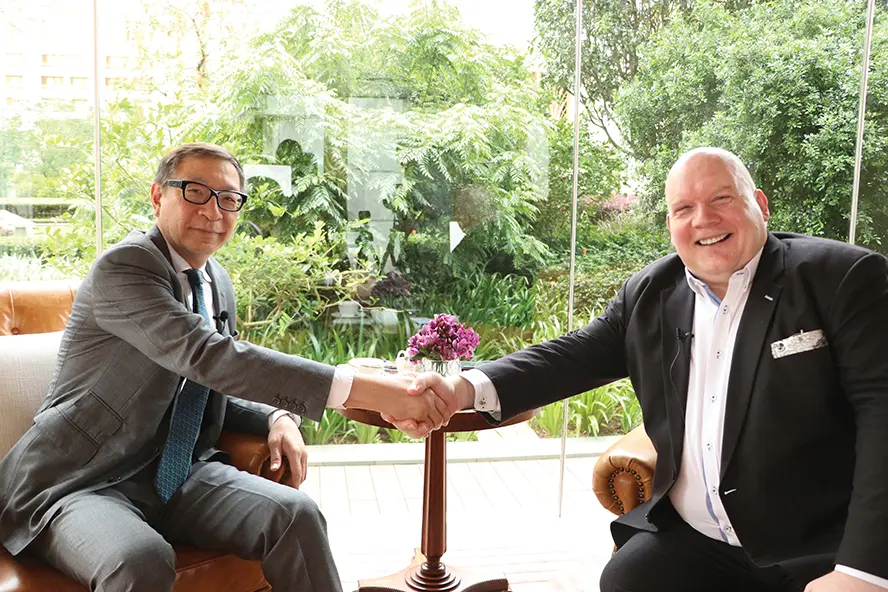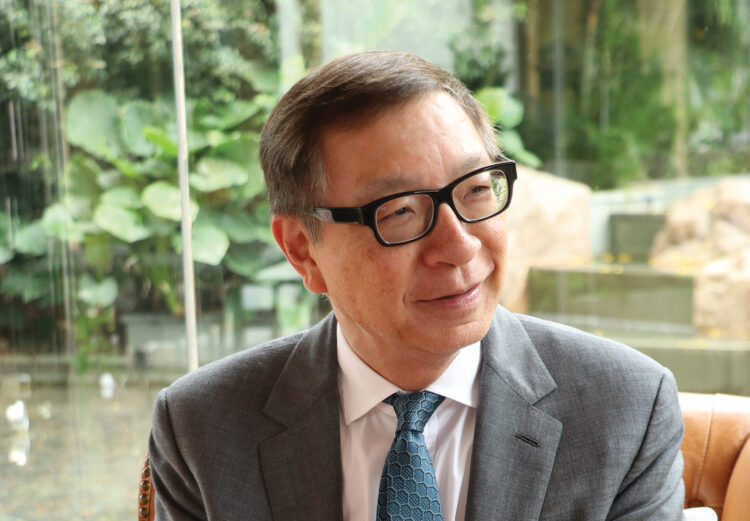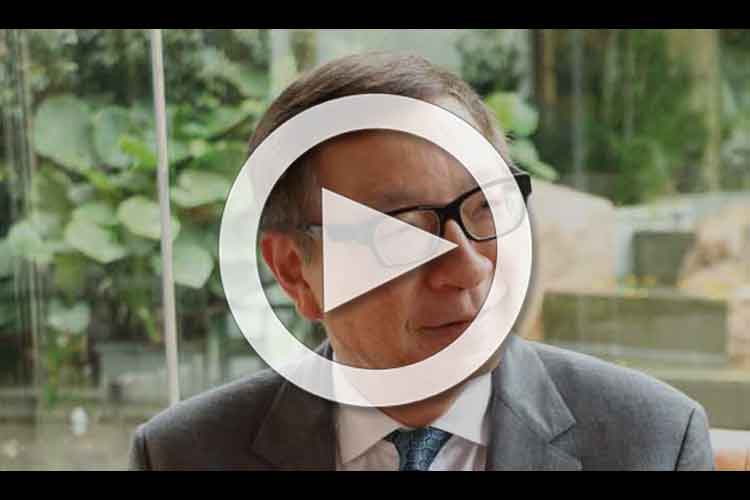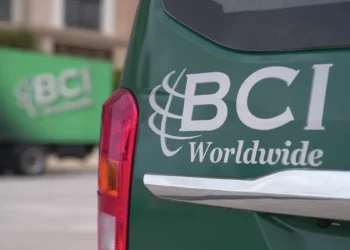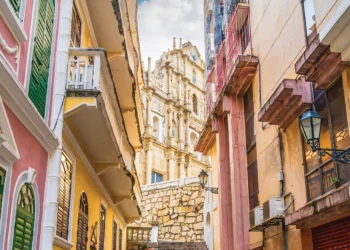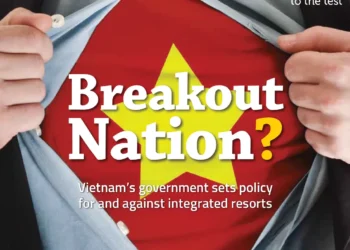One of Macau’s market-share leaders, Galaxy Entertainment Group has emerged from the COVID-19 pandemic in good shape with plentiful cash reserves and the opening of Galaxy Macau Phases 3 and 4 to look forward to. IAG sits down with Vice Chairman Francis Lui to discuss GEG’s strategies during the COVID years and how he sees the market maturing over the course of Macau’s new 10-year gaming concessions.
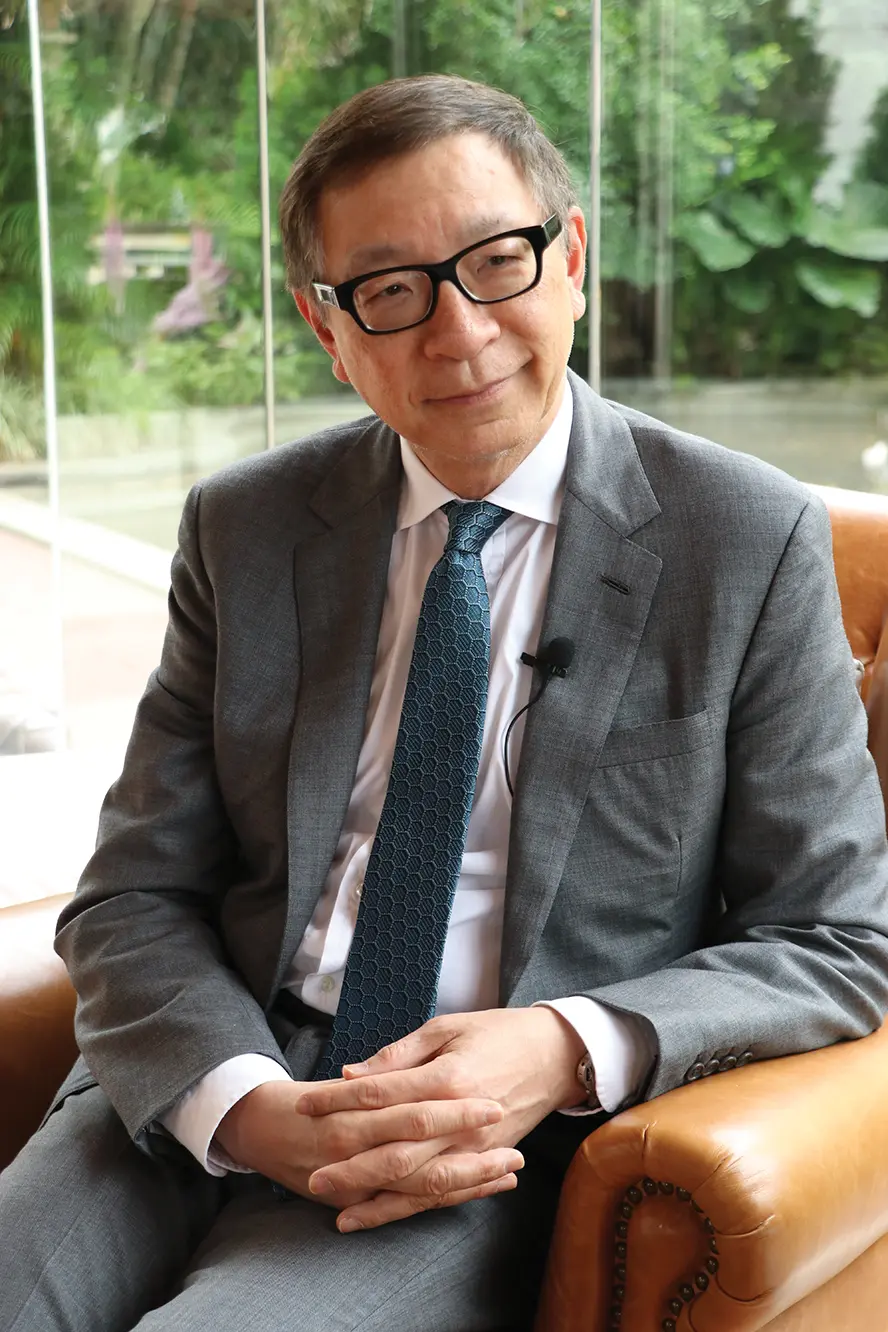 Andrew W Scott (AWS): Mr Francis Lui, thank you very much for speaking to our readers; it’s been quite a few years since we’ve had you in IAG. You’ve had to display a lot of leadership in the last few years. How would you describe your leadership style?
Andrew W Scott (AWS): Mr Francis Lui, thank you very much for speaking to our readers; it’s been quite a few years since we’ve had you in IAG. You’ve had to display a lot of leadership in the last few years. How would you describe your leadership style?
Francis Lui (FL): This is my 43rd year working, and I have seen cycles back in the 70s, 80s, 90s – we have always gone through cycles. I feel that the key to long-term sustainable success is to make sure you have a very strong team of people around you who share the same vision, who have the same passion to be working with you, through good times and bad. I’m proud to say that, in all these 20 years at Galaxy, I’ve built a team loyal to the company and passionate about building the best properties in Macau. And when the times go back up again like we are seeing this year, we are dashing forward and trying to accomplish more. In terms of leadership, I would say the first things would be respect, teamwork, recognition and passion.
AWS: The pandemic was perhaps a once in a century event, something none of us have ever experienced before. What changes did you make to your leadership style? What aspects of leadership do you think were important to help everybody through?
FL: I think the key was to make sure we had a strong enough balance sheet to keep us alive until the good times rolled back in again. All this time we were trying to do more with less, making sure that we had cash reserves so we could get through the bad times without hurting ourselves. For the last three years, we were able to reduce our spending substantially. In fact, some of those savings we think can become permanent, because we found new ways to operate more effectively.
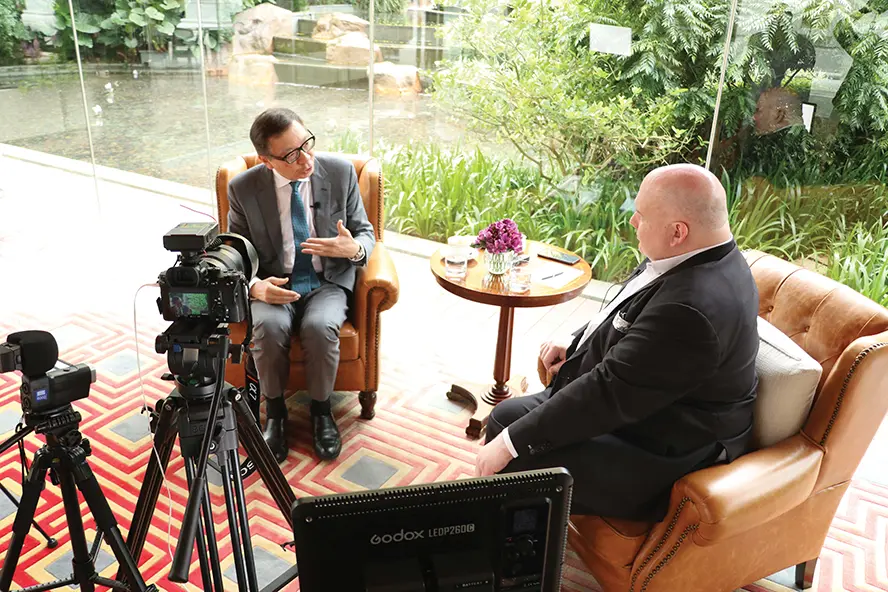 AWS: You are leading a huge company with billions in assets and tens of thousands of employees, some of whom you may never get to speak directly with. You’ve only got 24 hours in the day, just like anybody else. What does a day in the life of Francis Lui look like?
AWS: You are leading a huge company with billions in assets and tens of thousands of employees, some of whom you may never get to speak directly with. You’ve only got 24 hours in the day, just like anybody else. What does a day in the life of Francis Lui look like?
FL: Discipline is the first word that I come up with. You need to be solid, very disciplined, in making sure that people look up to you as a role model. Because you cannot, like you said, communicate to every employee. You just have to make sure that when they look up to you, they see a role model who shows how they have to behave themselves to make sure they are a factor in the success of the company. When I say discipline, I mean I basically walk the talk. People have to see you actually getting your hands dirty and doing the job yourself too. To me, building a culture is also very important. It is important that you communicate with your colleagues, so they share the same passion, same culture, same way of doing things together. In this way the company becomes stronger than the sum of the parts. I view teamwork as very important. And I do spend a lot of time listening to my colleagues because I feel they are the people on the cutting edge. They know the business, they know the market, they know the customer much more than I do. My role is to sit there and listen and use my experience to help them make their decisions.
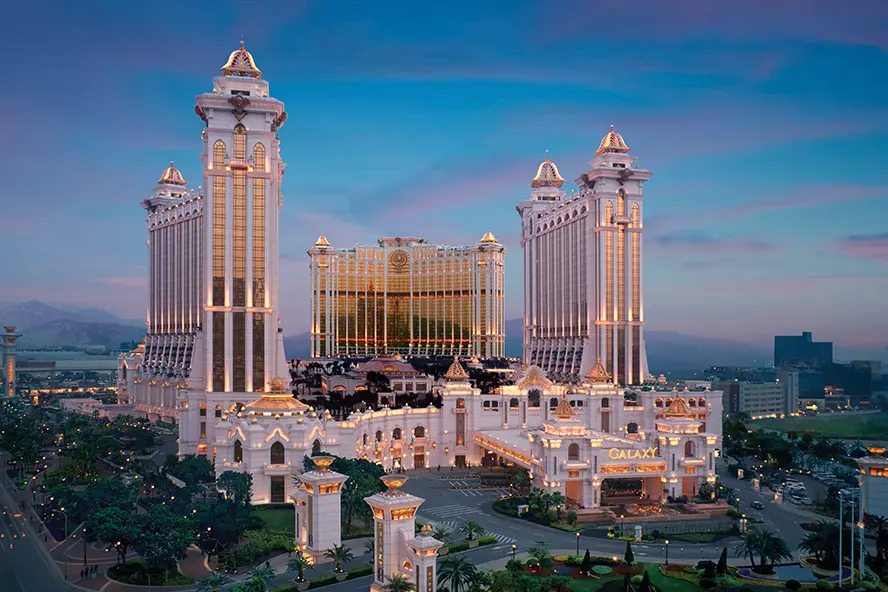
AWS: Galaxy has always taken a very conservative fiscal approach. Over the years, especially in the good times, some criticized this approach, suggesting you were not paying dividends or were underutilizing your capital, but you ended up having the last laugh when the pandemic came along. What guided that conservative approach?
FL: I like to take care of the company cash, almost as if it is mine. We treat the money carefully rather than rush and make decisions and be speculative. We want to make sure business is going to be for the long-term and sustainable. This is how we have made Galaxy successful in Macau, we are almost always looking into the future. That’s how we phased the development of Galaxy Macau, so that we can evolve when the market evolves. You don’t just speculate; you learn to think long-term. I know business can go up and business can come down. You need to make sure you have enough cash to go through at least two cycles. That is what my experience has taught me. You’ve got to have a bucket of money right there when you need it. If not, you’ll be very vulnerable.
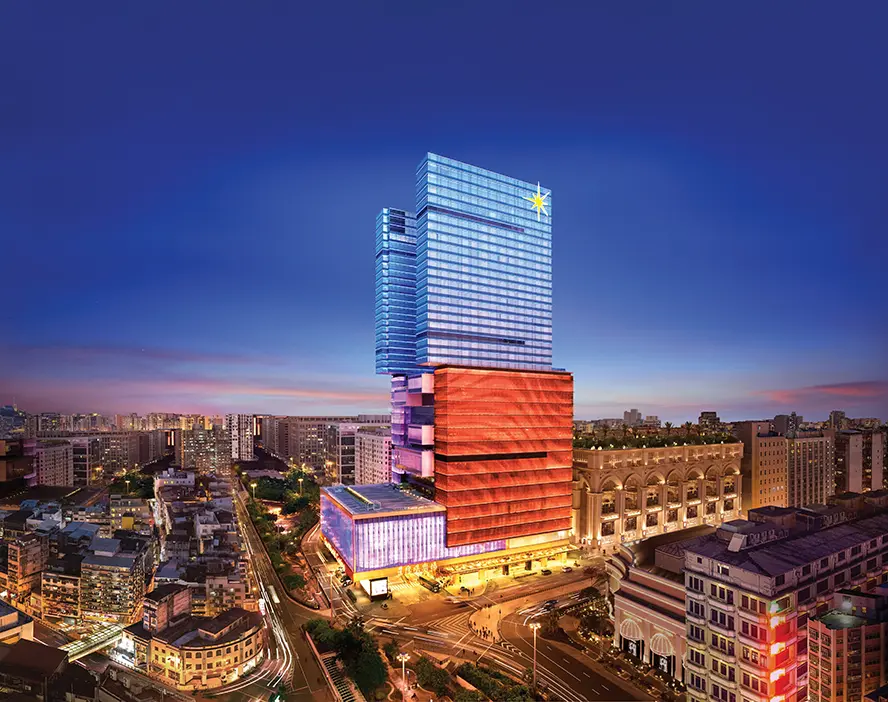
AWS: With Macau having reopened on 8 January, I’m interested to know your observations of customers given that the city was closed for such a long period of time. Have you noticed a change in customer preferences or demographics? And if so, how do you cater to those changes?
FL: Customers, especially from the mainland, have become much more worldly. These days they want multiple experiences, and they are demanding quality products and services. That’s what is driving us to become a better company – we feel that we must match the expectations of the customer.
We also think we are lucky because we have a bigger piece of land where we can build ourselves a fully integrated resort, where all the non-gaming components can integrate so it can be a one stop experience for the customers. If you walk around, you will see new buildings popping up here and there. We want customers to have multiple experiences. These past few years we’ve already had a blueprint in our mind of what the customer will be wanting to see when they come back to Macau, and one of the things driving the business forward is entertainment. This is why we have built the biggest arena in town and are building a 4,000-seat [music and performing arts] theater.That way we can bring more entertainment into Macau and draw customers in.
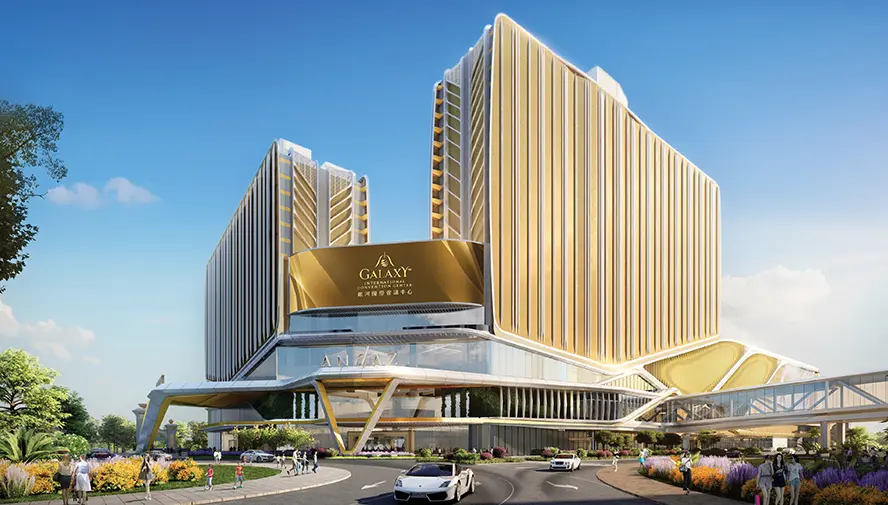
The other thing there is going to be demand for is higher-end food outlets. We are starting to feel that customers are not just wanting to eat your normal Chinese cuisine, they are probably looking for something more than that. So, you will probably see us and everybody else in town being more creative and innovative with F&B offerings. There will be a lot of attractions, not just for the mainland customer, but for foreigners. As you know, the Macau government wants to bring in more foreign customers and I am 100% supportive of that. The way of doing it is to offer something they can’t see elsewhere. I hope that some of the new developments we have in Phase 3 and Phase 4 achieve that.
AWS: The integrated resort industry is very labor intensive. We have these beautiful buildings and hardware but without people to provide the service they’re nothing. But Macau has a small population – only about 650,000 people. During the pandemic we saw a lot of overseas workers go back to their countries, including senior management. How do you see the issue of labor playing out now that Macau is getting busier again? Do you see that senior management from overseas coming back?
FL: As you know, the COVID situation has caused some departure of senior executives back to their home country to be with their families. At the same time, we emphasize training and internal promotion so local executives have an opportunity to move up the ladder. We are glad to say we have more local executives taking up senior, more demanding jobs for us. In general, I feel that some of these senior positions are now gradually filling with local talent, and we want that.
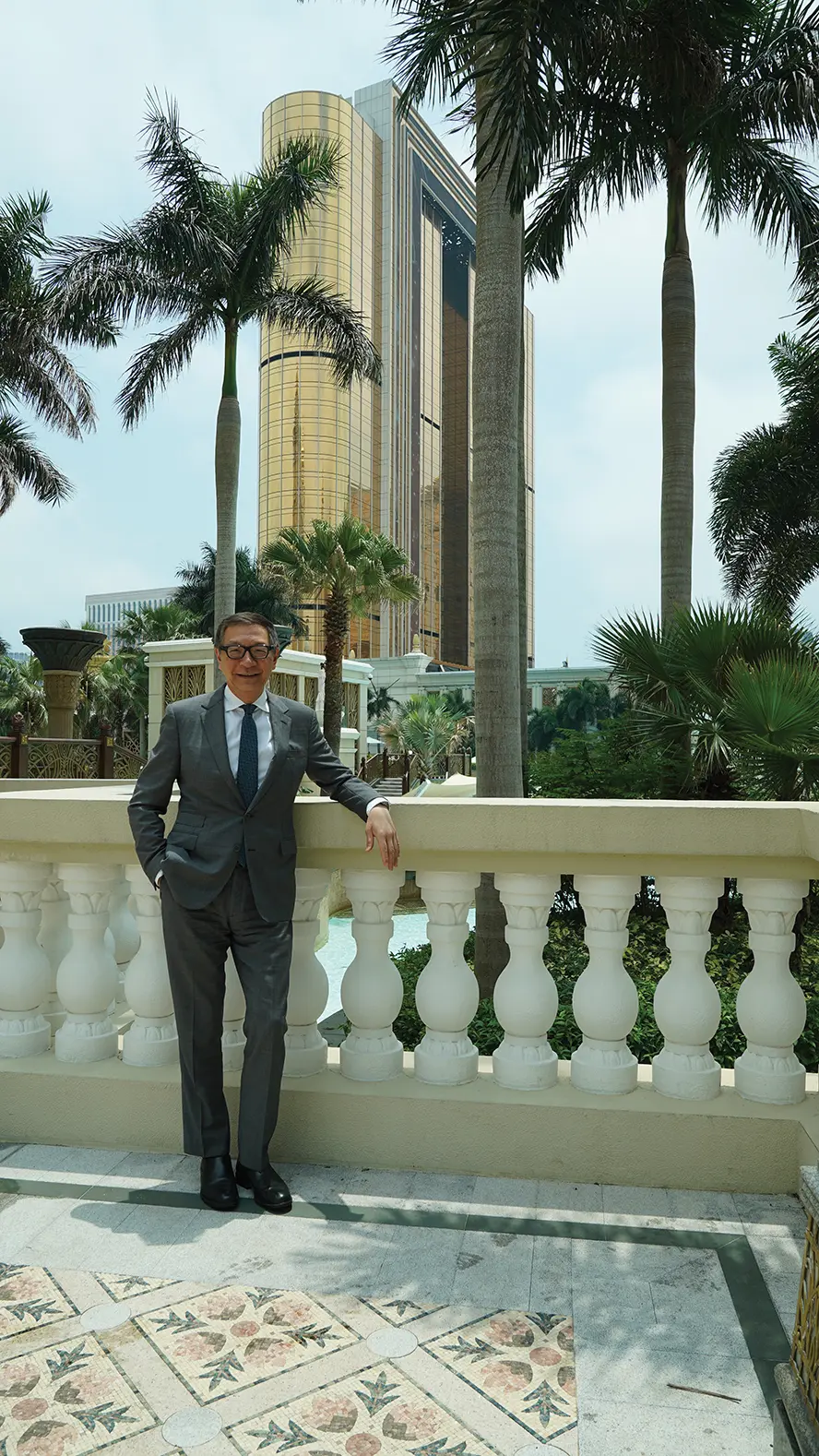 In terms of general labor, I think it is a global problem where everywhere is short on skilled labor, including Hong Kong and even China – can you believe it!? In Macau, especially when we are in the service industry, we need young, passionate people. We are working hard with our human resources department to make sure we offer opportunities and training in interesting jobs for young local people to work for us. We still have to compete with the region to get the best people in.
In terms of general labor, I think it is a global problem where everywhere is short on skilled labor, including Hong Kong and even China – can you believe it!? In Macau, especially when we are in the service industry, we need young, passionate people. We are working hard with our human resources department to make sure we offer opportunities and training in interesting jobs for young local people to work for us. We still have to compete with the region to get the best people in.
AWS: The Macau government has made a point of wanting to get more foreigners to Macau. The MGTO director recently said only 2.2% of people visiting Macau are from outside greater China, and the government would like to see that up to 10%, a substantial increase. There is a perception that Macau is just for Chinese people, that it’s not very foreigner friendly. What can Macau do to change that? What is Galaxy doing to change that?
FL: Thank you for the question – it’s a million-dollar question! Attracting foreigners is something we have not been paying too much attention to for the past 20 years, because in that time China’s economy just rocketed. Suddenly you had all these emerging middle-class people wanting to come and experience Macau. But looking into the longer-term future,
I 100% agree with the vision that we should turn Macau to be more international. Under the one country, two systems model, Macau should play the role of being a window for overseas investors and customers to come and enjoy and see what we have to offer. The question is what can we do to attract them to come over here?
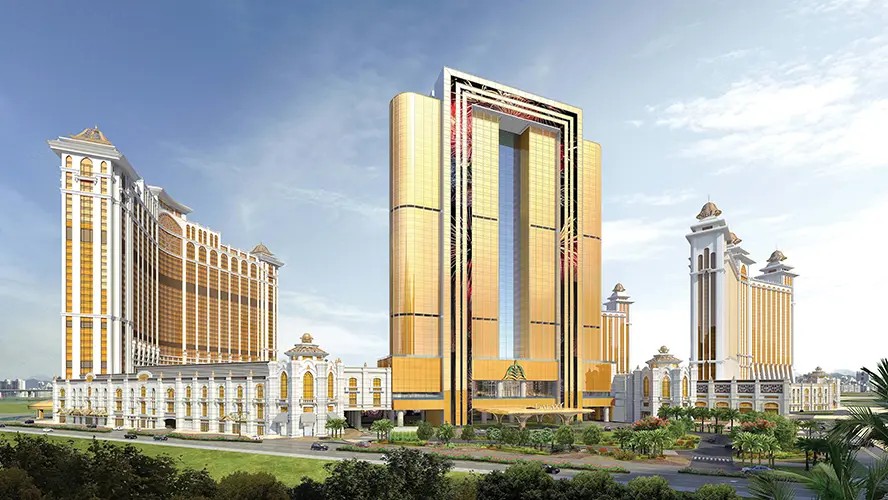
Firstly, I don’t think we’re going to compete on cost. Given the tax rate, we would not be able to compete with a country like Vietnam or elsewhere. We can probably only compete by offering the best infrastructure and transportation, to make Macau somewhere that is easy to get to and friendly, a one-stop shop with international amenities and events, parties, food, gaming and the best hotels. I think we have all these ingredients right now, so it’s really a matter of how do we market our services and draw people’s attention to Macau as a place they want to visit?
Representatives of the Macao Government Tourism Office have started going overseas to do this sort of marketing and promotion, and all six concessionaires are joining in the effort to promote the Macau brand.
I mentioned that before we used to offer a lot of Chinese food because most of the customers are Chinese, but to attract foreigners, then you need to talk about whether the chicken or the egg is first. To welcome foreigners, we must have the language, the customer service team and the restaurants ready. The foreign market is going to come, but I don’t think it’s going to spike tomorrow. We have a lot of preparation to do before we will be able to convince foreigners that Macau is a destination they cannot miss.
AWS: When you talk about language, what languages are we talking about? What markets do you think are the obvious first places to go to outside of Greater China?
FL: I would say it should be the Asia market, maybe a radius of about three hours by plane. Places like Japan, Korea, Thailand, Singapore and Malaysia.
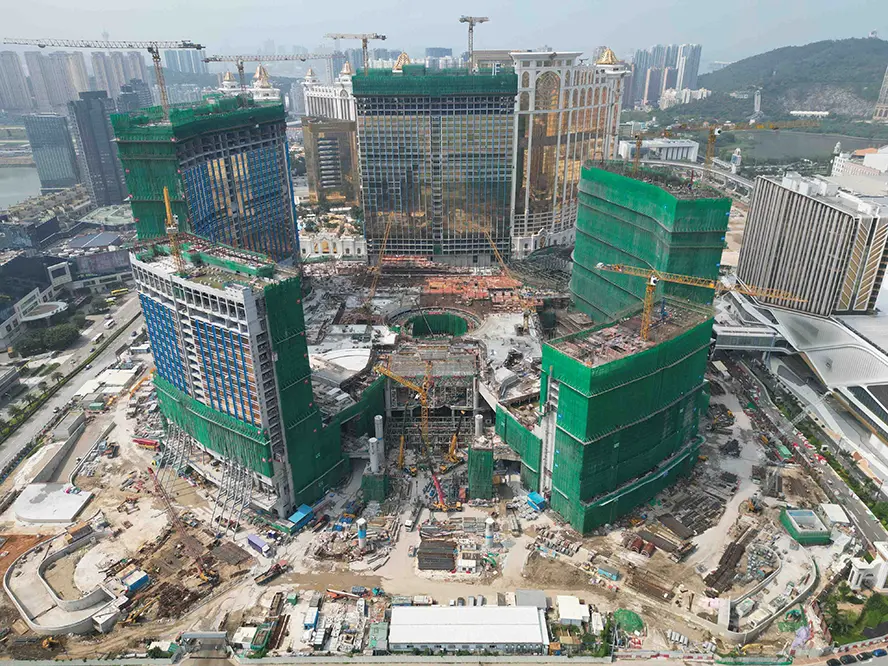
AWS: I guess in those instances, they all speak different languages, so it makes it difficult, but English is a lingua franca between those countries. Many worldly people speak English as a second language, would that be a good place to start?
FL: Oh, absolutely. And our local staff speak some English, but when you add their native language on top of English, that might help a little bit more. It’s not just speaking the language though, the other thing is their culture, what kind of food they want, what kind of service they need. How do you make them feel comfortable so that when in Macau, they feel like they are not away from home?
AWS: The Macau government has made a big deal about diversification. Galaxy has made an enormous commitment to the government, US$3.6 billion over the next 10 years. It didn’t escape me that 10 years is 3,650 days, so that’s almost exactly US$1 million a day, of which 97% will be spent on non-gaming initiatives. That’s quite a commitment.
FL: You have to project what the future customer looks like, and they will not just be players, which means a lot of non-gaming amenities will need to be built, and that costs a lot of money. I don’t look at needing to make a certain amount of money from each amenity. At the end of the day, we need to look at how to get the customers to us and make the money we need to be making. I continually tell my colleagues here that we try to look into the “one customer” approach, where as far as we are concerned, we want to bring in the customer, and then he will decide whether he wants to spend his money here or elsewhere. Normally with a family, the wife is going to go shopping and do beautification, the kids will probably end up in the wave pool and the man will do something else. So, that’s the kind of thing I was looking at. If you look at the model in Singapore or in Vegas, you will probably see that they try to have a more holistic approach. We are doing exactly the same. Whether you should still divide your customers into players and non-players – I think in the future, to me, there is just one customer.
AWS: You’ve recently made a large investment in MICE (Meetings, Incentives, Conferences and Exhibitions) with the new Galaxy International Convention Center. There has been a perception that Macau has some infrastructure issues around MICE compared with regional players like Singapore and Hong Kong. How can Macau compete with those much larger cities, and how do you think MICE will play out in Macau over the next 10 years?
FL: You need the infrastructure to bring in a lot of people in a very compressed timeframe. I think we really need to think about cooperation here, because I don’t think Macau should be looking to dominate the market where we take customers from Hong Kong or Shenzhen. Maybe we can cooperate so we can share that customer.
For example, Hong Kong has one of the best airports in the world right now and we could utilize that much better. Hong Kong has a lot of industries we don’t have in Macau, like the financial industry, so to get more MICE business into Macau, I feel we should cooperate. I do see a lot of synergy between Hong Kong and Macau in doing the convention business better.
Honestly, I don’t think Macau by itself can attract some industries to have a conventional exhibition in Macau alone. But if we look at multiple venues, people would be able to stay a few days in Hong Kong and then come to Macau for the last part to finish off. We still have a lot to offer so I feel the two locations complement each other. We can partner with Shenzhen as well.
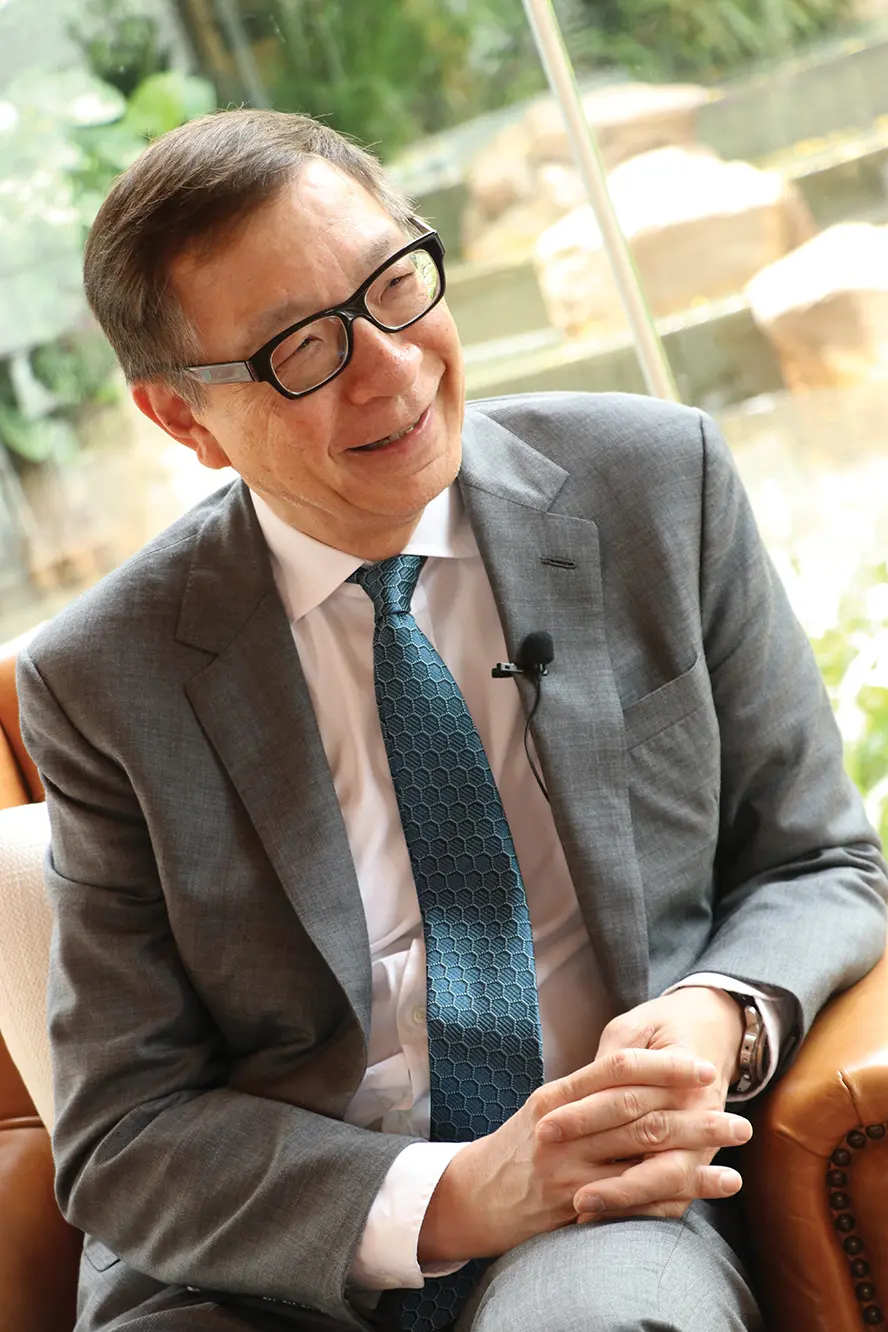 The other thing is the number of hotels rooms we have in Macau. Do we need more? Right now, we have less than 50,000 rooms so the question we need to ask is whether 50,000 rooms is enough for us to have all these large conventions coming to Macau.
The other thing is the number of hotels rooms we have in Macau. Do we need more? Right now, we have less than 50,000 rooms so the question we need to ask is whether 50,000 rooms is enough for us to have all these large conventions coming to Macau.
AWS: Galaxy has also proposed a high-tech amusement park. Can you provide some details about your vision for that?
FL: We still have a piece of land for development. If there’s something that we are missing in Macau it probably would be a theme park. And to have a 61,000 square meter site is rare in Macau. But for an amusement park, you could probably argue that 61,000 square meters is a little bit too small, so the question is whether we could use technology to bridge it such that, even though it is not as big as your conventional amusement park, hopefully through technology we would make the experience a little bit more compact. That is a challenge we have, and we are using three words to guide us here. One is “cool”, meaning it has technology, “fun”, meaning it has to be entertaining, and “green”, something that is closer to nature.
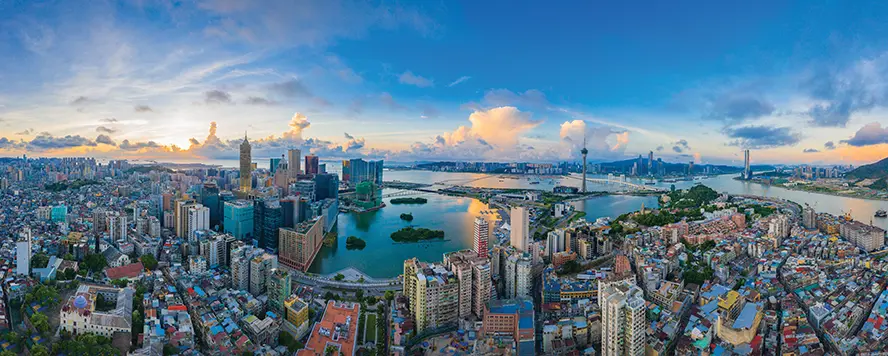 AWS: Galaxy has traditionally had a lot to do with sports in Macau, having supported major volleyball and table tennis events. Sports tourism is one of the priorities of the Macau government. Tell us a bit more about your vision for sports tourism.
AWS: Galaxy has traditionally had a lot to do with sports in Macau, having supported major volleyball and table tennis events. Sports tourism is one of the priorities of the Macau government. Tell us a bit more about your vision for sports tourism.
FL: Galaxy has been involved in sponsorship of major sports events in Macau since day one. We’ve shown our commitment to give back to society, because at that time sport was not being well sponsored.
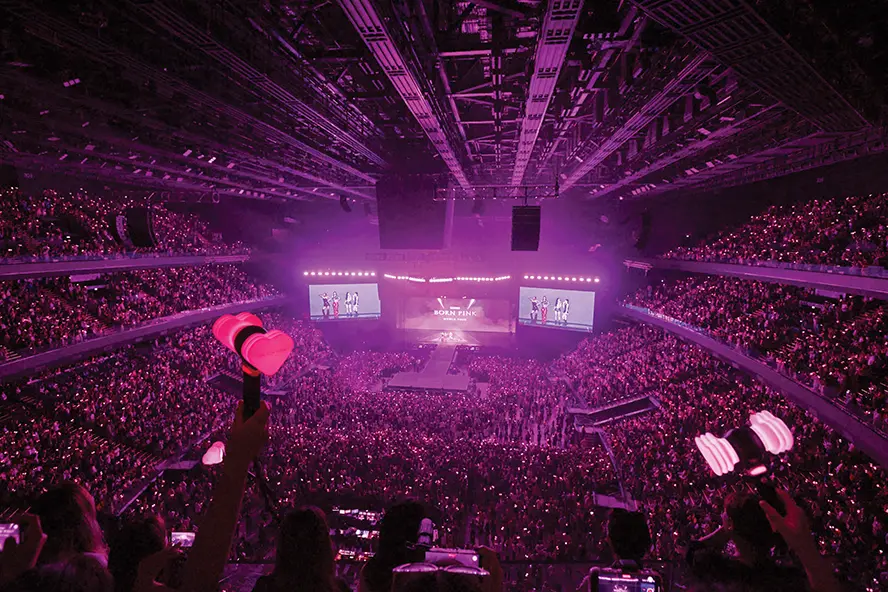
We want to do two things. One, to continue to attract international, recognizable branded sports events to come to Macau so we can promote it as a place not just for gambling but for diversified experiences as well. At the same time, we are also trying to work with local associations to train up a little bit of a local talent here, such that they would represent Macau.
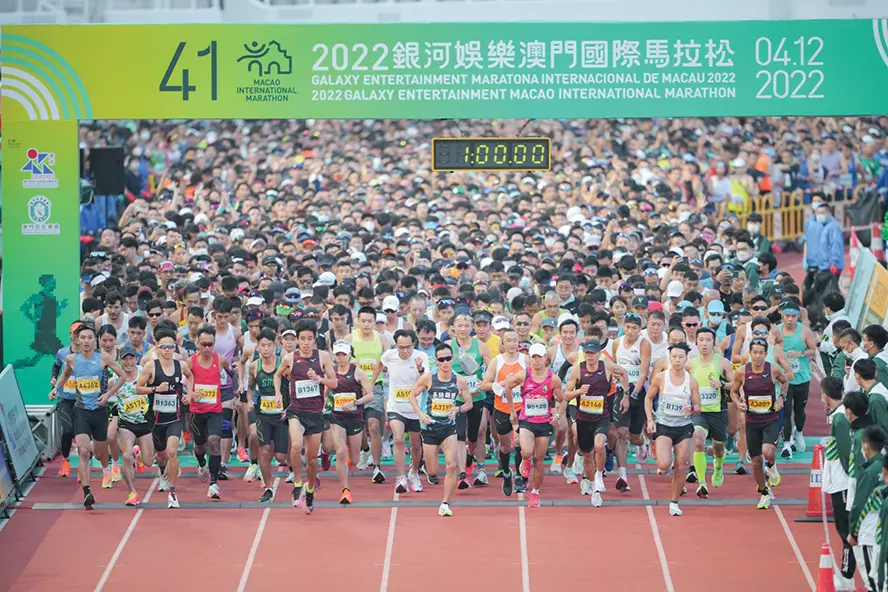
AWS: Turning to Galaxy’s international ambitions, in 2015 GEG acquired a 5% stake in Monte Carlo SBM, owner of the famous Monte Carlo Casino. SBM is a very interesting company, a more than 100-year-old classical European company. How did that acquisition come about and how does the relationship between Galaxy and SBM work? Do you see it evolving?
FL: At that time, SBM wanted to tap into the international market. They also wanted to have some people from outside to help them look into themselves to reflect on what they were doing and how they could improve. That is why we not only got a 5% stake but were also offered a directorship. I think they were trying to tap into our international vision of how they would be able to take advantage of their brand to go elsewhere and develop.
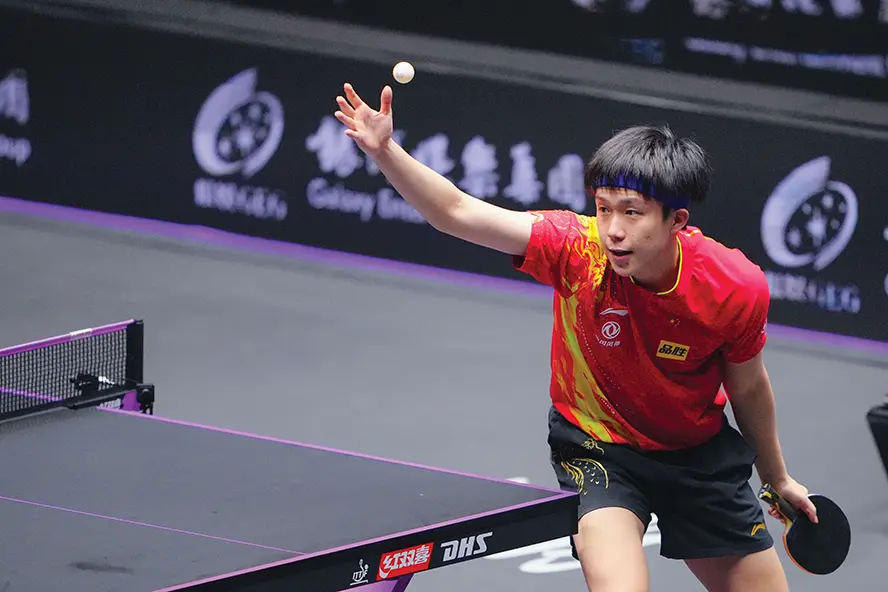
They started this IR business at least 100 years ago and they’ve got a great brand. We felt we should be able to make use of a great brand like SBM Monte Carlo and partner with the skill set that we have at Galaxy to do great things. We were not just expecting a dividend payout, it was more a strategic partnership.
AWS: My last question is a little bit out of the box. Thinking back to the liberalization 20 years ago, there were six companies effectively on an equal footing. Then the starter’s gun went off and the six companies did what they did. Here we are 21 years later and it’s painfully obvious that there are two companies, Galaxy and Sands, who now possess an oversized market share compared to the other four. Why?
FL: I don’t really look into market share that much. I think it’s nice at the end of the day that we have a more significant part of the market, but for me it’s about how we utilize the resources we have in hand to make the best out of it. We are fortunate we have this piece of land, and I had a vision about how to make use of this land to ensure we could cope with the market, the evolving market, such that the customer would come. This is what is driving us to be successful.
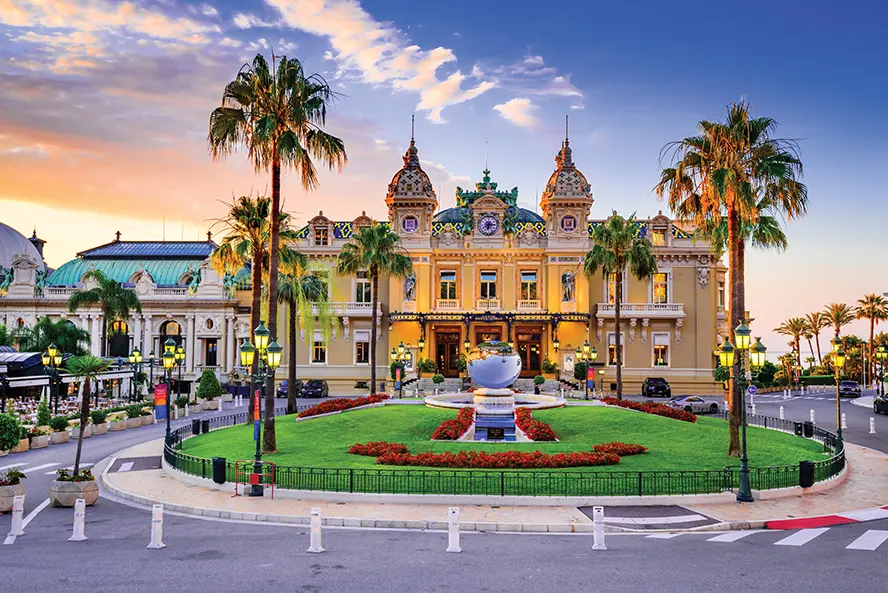 Even at that time [21 years ago] we were planning and asking ourselves: what will the customer look like, not today, but in five years’ or 10 years’ time? And how do we cater for their needs? You will see with the arena and the convention center and the theme park coming up, this is the customer moving from a gaming focus to a more diversified experience. And we have the new product for it. It is all about a vision and timing, and from there we hopefully build the best property in town to be successful. And hopefully we are doing the right thing because we have the right products and services.
Even at that time [21 years ago] we were planning and asking ourselves: what will the customer look like, not today, but in five years’ or 10 years’ time? And how do we cater for their needs? You will see with the arena and the convention center and the theme park coming up, this is the customer moving from a gaming focus to a more diversified experience. And we have the new product for it. It is all about a vision and timing, and from there we hopefully build the best property in town to be successful. And hopefully we are doing the right thing because we have the right products and services.
